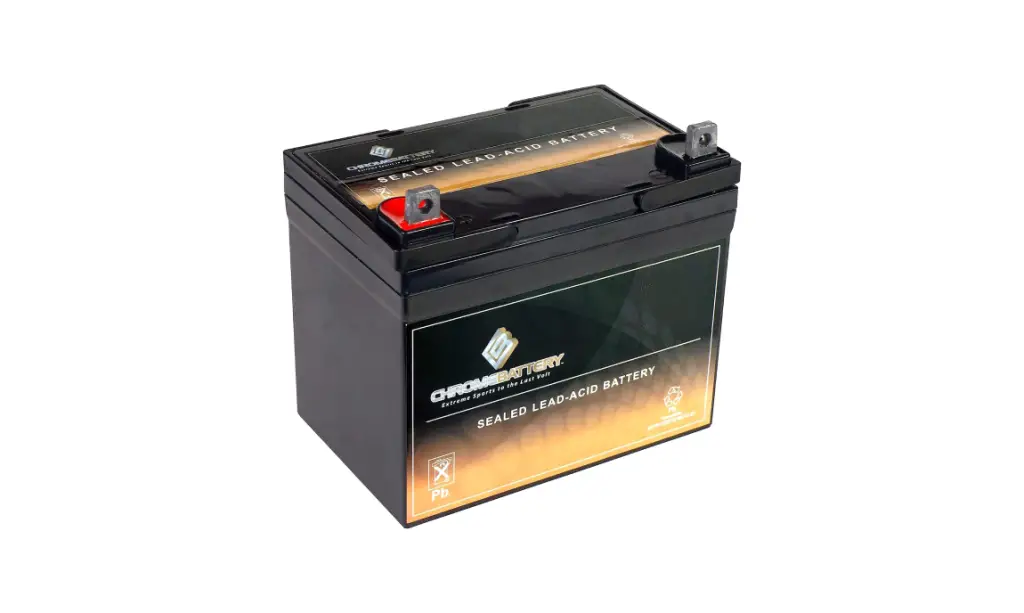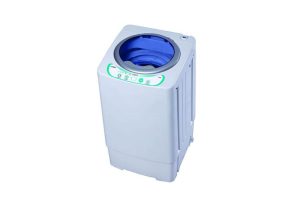Batteries play a crucial role in our modern lives, powering a wide range of devices and applications. From smartphones to electric vehicles, batteries have become an indispensable part of our daily routines. One type of battery that stands out for its unique characteristics and applications is the deep cycle battery. In this article, we will delve into the world of deep cycle batteries, understanding their working principle, advantages, disadvantages, and how to choose the right one for specific applications.
Understanding Batteries
Before we delve into the specifics of deep cycle batteries, let’s briefly touch upon the concept of batteries in general. Batteries are devices that store electrical energy in chemical form, allowing us to use it later as needed. There are various types of batteries, each designed for specific purposes. Some common examples include alkaline batteries, lithium-ion batteries, and lead-acid batteries.
What is a Deep Cycle Battery?
A deep cycle battery is a type of lead-acid battery that is designed to provide a steady and continuous flow of current over an extended period. Unlike other batteries that are primarily built for short bursts of high energy output, deep cycle batteries are optimized to be discharged and recharged regularly without suffering from performance degradation.
How Does a Deep Cycle Battery Work?
Deep cycle batteries work on a simple yet efficient principle. Inside the battery, there are lead plates immersed in an electrolyte solution. When the battery discharges, a chemical reaction occurs between the lead plates and the electrolyte, releasing electrons and generating electrical energy. During recharging, this process is reversed, and the battery stores the electrical energy back as chemical potential.
Applications of Deep Cycle Batteries
The unique characteristics of deep cycle batteries make them ideal for various applications. One of the most common uses of deep cycle batteries is in renewable energy systems, such as solar panels and wind turbines, where they store excess energy generated during peak production for later use during low production periods.
Additionally, deep cycle batteries are widely used in recreational vehicles (RVs), boats, golf carts, and electric forklifts, where a reliable and consistent power supply is essential for prolonged periods without access to external charging sources.
Advantages of Deep Cycle Batteries
Deep cycle batteries offer several advantages that make them stand out from other battery types:
Longevity and Durability
Deep cycle batteries are designed to endure numerous charge and discharge cycles, resulting in a longer lifespan compared to other battery types. With proper maintenance, a deep cycle battery can last for several years, making it a cost-effective investment in the long run.
Suitable for Renewable Energy Systems
Their ability to handle regular charge and discharge cycles makes deep cycle batteries well-suited for storing energy from renewable sources, such as solar and wind, where energy production fluctuates throughout the day.
Low Maintenance
Deep cycle batteries generally require minimal maintenance. Periodic inspections, checking water levels, and cleaning the terminals are typically all that’s needed to keep them running smoothly.
Versatility in Applications
The wide range of sizes and capacities available in deep cycle batteries makes them versatile for various applications, from powering small devices to supporting large-scale energy storage systems.
Disadvantages of Deep Cycle Batteries
While deep cycle batteries have many advantages, they also come with some drawbacks:
Slower Recharge Rate
Deep cycle batteries can take longer to recharge compared to other battery types, which can be a limitation in situations where a quick recharge is required.
Initial High Cost
The initial cost of a deep cycle battery may be higher than that of conventional lead-acid batteries. However, considering their longer lifespan and performance, the higher upfront investment often pays off in the long term.
Sensitive to Overcharging
Overcharging a deep cycle battery can cause permanent damage, reducing its lifespan and performance. Proper charging controllers and monitoring systems are essential to prevent overcharging.
Choosing the Right Deep Cycle Battery
Selecting the appropriate deep cycle battery for a specific application requires careful consideration of several factors:
Capacity and Voltage Requirements
Assessing the power demands of the application will help determine the appropriate capacity and voltage rating of the deep cycle battery needed.
Type of Application
Different applications, such as RVs, boats, or renewable energy systems, have unique power requirements. Choosing a deep cycle battery optimized for the specific application is essential for optimal performance.
Maintenance Considerations
Depending on the user’s willingness to perform regular maintenance tasks, such as checking water levels and cleaning terminals, the choice of a deep cycle battery should be made accordingly.
Maintenance Tips for Deep Cycle Batteries
To ensure the longevity and optimal performance of deep cycle batteries, the following maintenance tips should be followed:
Regular Inspection and Cleaning
Periodically inspecting the battery’s condition and cleaning the terminals from any corrosion or dirt buildup will help maintain proper functionality.
Proper Charging and Discharging
Avoid deep discharges and overcharging, as these can significantly impact the battery’s lifespan. Follow the manufacturer’s guidelines for charging and discharging rates.
Temperature Control
Extreme temperatures can affect battery performance. Whenever possible, store and use deep cycle batteries in moderate temperature environments.
Avoiding Over-Draining
Prevent the battery from being fully discharged, as it can lead to irreversible damage. Recharge the battery before it reaches critically low levels.
Conclusion
In conclusion, deep cycle batteries offer a reliable and efficient energy storage solution for various applications, particularly in renewable energy systems and mobile power setups. Their ability to endure frequent charge and discharge cycles, coupled with low maintenance requirements, makes them a valuable asset for both residential and industrial users. When choosing a deep cycle battery, it’s essential to consider specific requirements and follow maintenance guidelines to ensure optimal performance and longevity.







